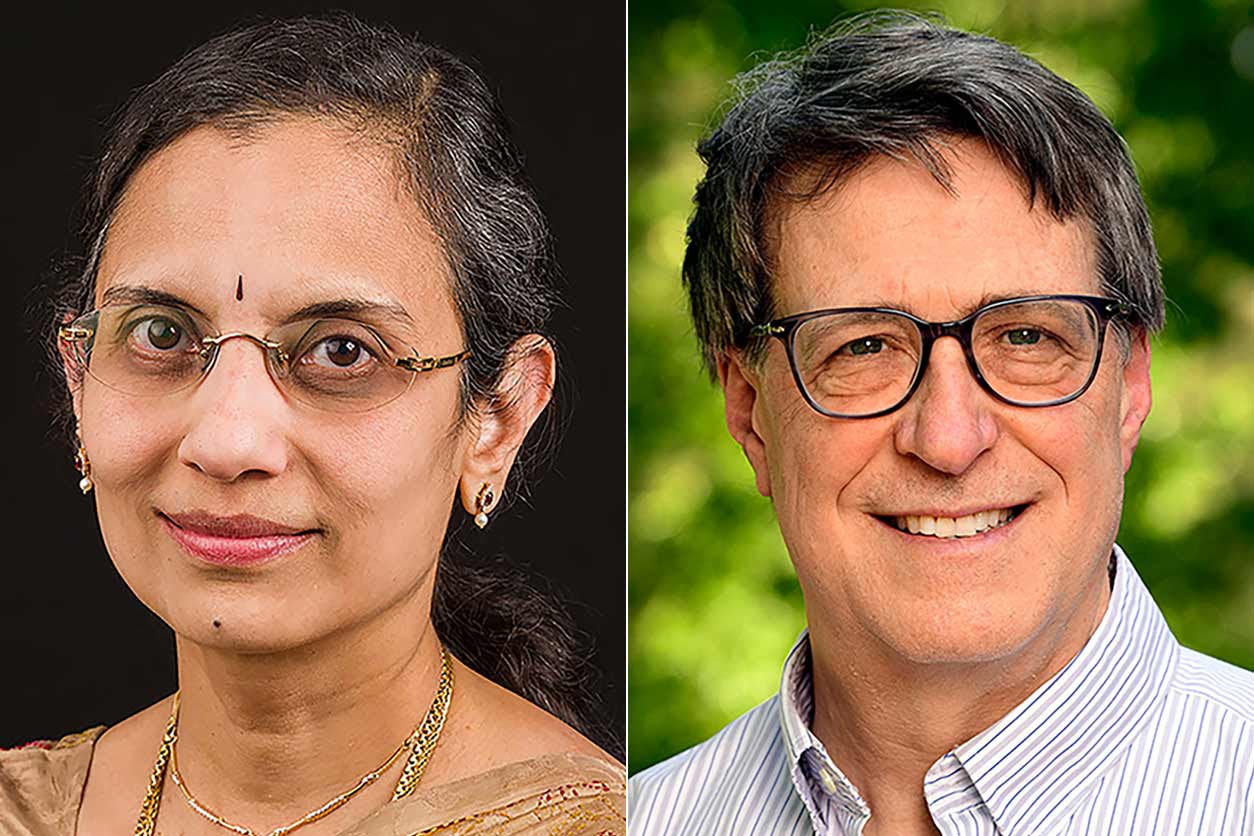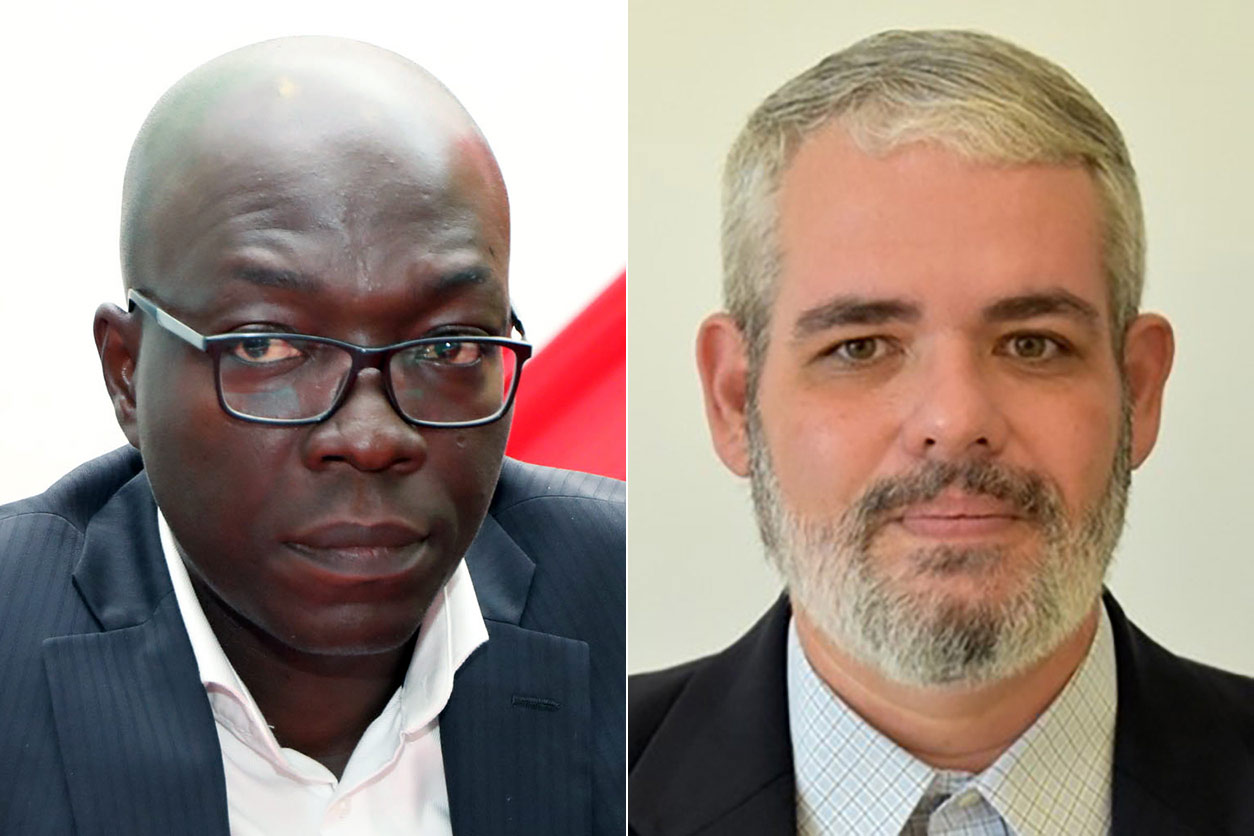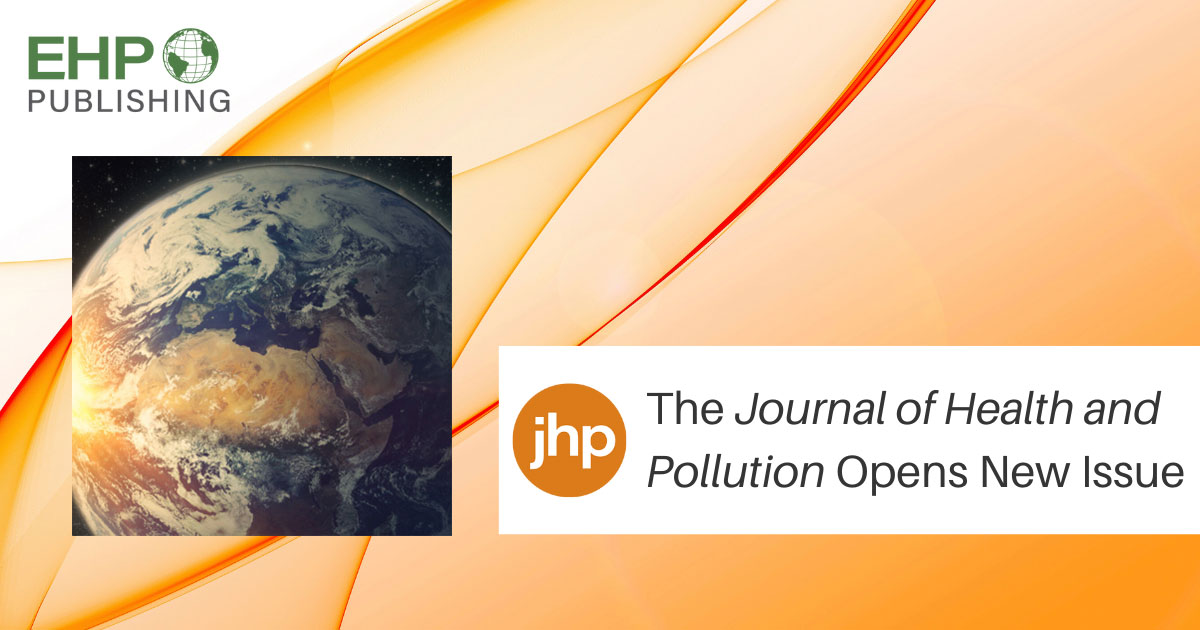On August 15, the Journal of Health and Pollution (JHP) opened the first issue from its new home at EHP Publishing, which operates with the support of NIEHS. EHP Publishing manages both JHP and its sister journal, Environmental Health Perspectives (EHP).
The former publisher of JHP, Pure Earth, released the previous issue in late 2021 before gifting the journal to NIEHS. The complete archive is now housed on the JHP website.
“Together with the extraordinary support provided by the EHP Publishing team, the JHP editorial team has an unprecedented opportunity to champion the issues and authors from evidence-scant regions of the world,” said Editor-in-Chief Kalpana Balakrishnan, Ph.D., from the Sri Ramachandra Institute of Higher Education and Research in Chennai, India.
The regions featured in JHP include low- and middle-income countries (LMICs), Indigenous communities around the world, and other areas rarely addressed by environmental health research, such as many parts of the Global South.
JHP will publish four issues each year, using a continuous publication model. That means each article is published online as it is ready, rather than waiting for an entire issue to be published. The first complete issue of JHP will publish in December.
Deputy editors
“The JHP editorial team is a unique community of active researchers who are deeply engaged with occupational and environmental health research in LMICs,” said Balakrishnan. “They are also major players in the global scientific discourse on environmental health.” The following are the deputy editors.
- Kofi Amegah, Ph.D., Department of Biomedical Sciences, University of Cape Coast, Ghana.
- Sagnik Dey, Ph.D., Centre for Atmospheric Sciences, Indian Institute of Technology Delhi.
- Rima Habib, Ph.D., American University of Beirut, Lebanon.
- Kenza Khomsi, Ph.D., Mohammed IV University of Health Sciences, Morocco.
- Armando Meyer, Ph.D., Federal University of Rio de Janeiro, Brazil.
- Frederico Peres, D.Sc., Sergio Arouca National School of Public Health, Rio de Janeiro, Brazil.
- Caradee Wright, Ph.D., South African Medical Research Council, Pretoria.
“I am excited to be part of the leadership of a journal that seeks to bridge the environmental health evidence gap in LMICs,” said Amegah. “This mission is long overdue.”
Peres agreed. “It is a privilege to be able to provide a strategic space for publishing information that addresses environmental health in regions and communities with less-developed research infrastructure,” he said.
New paradigm for international program
The journal represents an apt evolution of EHP’s longstanding international program, said EHP Editor-in-Chief Joel Kaufman, M.D., from the University of Washington.

“We are able to focus on strengthening environmental health science research capacity internationally, as well as highlighting scholarship in under-resourced areas,” Kaufman said.
To support that work, Lisa Marie Adiaba recently joined EHP Publishing to lead the Global Engagement Program. She is developing new collaborations with global environmental health organizations, including academic, government, scientific, or nonprofit entities.
“International scientific societies often include groups — or partner with groups — devoted to researchers in LMICs,” Adiaba explained, pointing to examples such as the International Society for Environmental Epidemiology’s Capacity Building and Education Committee.
No place for helicopter research
“JHP is dedicated to supporting equitable research partnerships and discourages the conduct of ‘helicopter research,’ in which investigators from local communities are not fully immersed and included in the research from conceptualization to publication,” wrote Balakrishnan and her deputy editors in an editorial published alongside the first four articles in the journal (see sidebar).
The editors seek work on environmental health topics of particular importance in authors’ local communities, Peres pointed out.
Like EHP, JHP is a fully open-access journal, free to authors and readers across the globe. “Environmental health researchers in LMICs should no longer be worried about having an outlet where they can publish their research findings for free, to reach a very wide audience,” said Amegah. “The caveat is that the work has to be original and novel, with methodological rigor and far-reaching conclusions.”

Authors take note
The scope of JHP is similar to that of EHP. Topics of interest include the following.
- Human exposures to environmental contaminants in air, water, or soil.
- Health effects related to climate change.
- Health effects generated by biodiversity loss and ecosystem degradation.
- Discussions of interventions, policies, and strategies for communication, knowledge dissemination, or research translation.
- Environmental health studies that incorporate Indigenous and local knowledge.
“Emphasize [in your paper] what is new and can add value to the regional or national evidence on the topic,” said Balakrishnan.
Authors interested in submitting their work to JHP should heed its editors’ advice to adhere to the author guidelines. Following the journal’s eligibility and scope criteria may increase the chances of being published, Peres noted.
Developmental editing
As part of EHP Publishing’s capacity-strengthening approach, a new developmental editing service aims to ensure that neither language barriers nor lack of manuscript writing experience interferes with acceptance of a well-designed study.
“Writing for journals with a broad scope — such as JHP — requires careful attention to clarity and detail,” said Senior Staff Editor Susan Booker Woolard. For instance, the methods need to be clear enough so that another researcher can replicate the study, she explained.
Developmental editing is most accurately described as a collaboration between the editor and the author, doing far more English language editing, Woolard said. For example, author queries describe the reason a passage should be changed. By strengthening their scholarly publishing and manuscript writing skills, authors may increase the chances their current and future papers will be published — if not at JHP, then somewhere else.
Amegah encouraged authors who need to improve their manuscript writing to take advantage of the program.
Source link
factor.niehs.nih.gov

